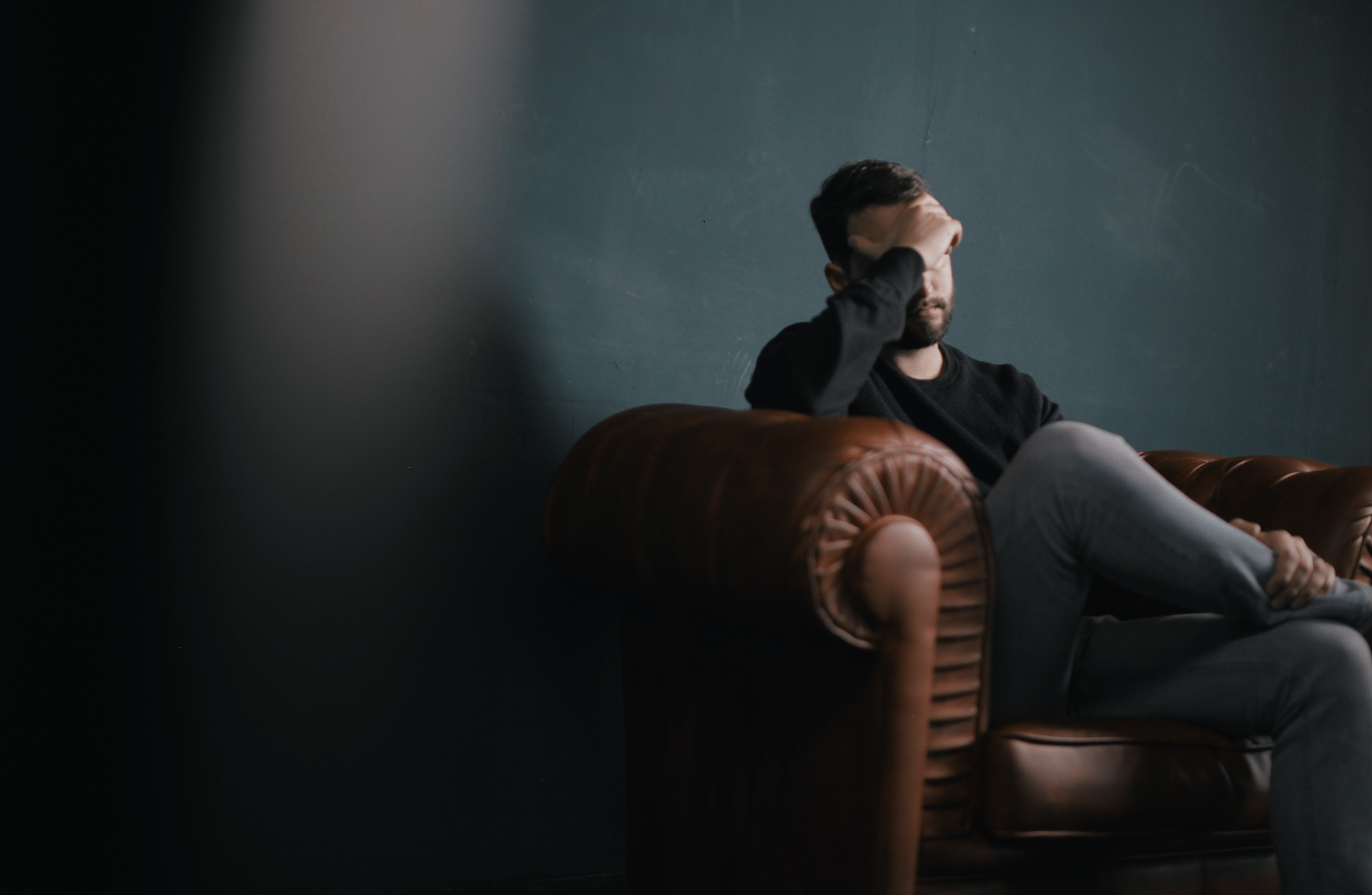Staying physically active is something everyone should do. It helps both your body and your mind. But if you are one of the 40+ million people that are dealing with depression and or anxiety, can it help you?
Exercise is considered vital for staying mentally healthy. It can reduce stress, fatigue, improving alertness and concentration, and at enhancing overall cognitive function. When you are stressed, your body feels the impact. This can affect your energy levels as well as your concentration. Exercise and other physical activity produce endorphins, chemicals in the brain that act as natural painkillers, and also helps you sleep better.
Participating in a regular exercise program that involves cardio have shown to decrease overall levels of tension, improve your mood, sleep, and self-esteem. Even just as little as 5 minutes can stimulate anti-anxiety effects.
Exercising to Help Depression and Anxiety
Everyone has stress and anxiety, it’s a part of life. Depression and anxiety disorders are an illness and they affect many people all over the world. How can exercise help with these disorders?
According to psychologists studying the relationship how exercise relieves depression and anxiety suggest a 10-minute walk might be just as good as a 45-minute workout. Even though the effect may be temporary, doing simple activities like walking can deliver several hours of relief. Taking your mind off all your worries and problems can get you out of the cycle of negativity that depression and anxiety disorders can bring.
Exercise can bring positivity in your life which is what you need to help you battle depression and anxiety. Keeping a regular exercise routine and setting goals is important. Making small goals and challenges will help you build your confidence and help with your overall feeling and mood.
You will also have a chance for more social interaction if you decide to join a gym. Group classes can be great for extra motivation and will help to boost your mood.
How Should I Get Started?
Both physical activity and exercise are great ways to gain confidence and boost your mood. But they are not the same thing.
- Physical activity is anything that requires you to work your muscles and energy, this can be a walk or gardening. Any type of leisure activity can be a physical activity.
- Exercise is planned and structured to improve and maintain physical fitness.
The best way to look at it is that physical activities get you up moving around such as walking, gardening, or any other small physical activity throughout your day. Exercise is something you plan to do for a predetermined goal. Many people will exercise if they want to lose weight or just stay in shape. But both of these are great for people who battle depression and anxiety disorders. You will get the benefits of moving your body as well as the benefit of the positivity you may get from doing various activities.
Now that you know the differences between both physical activity and exercise, we should talk about how much is enough? There is no set amount of time you need to do any of these activities but if you set aside 30 minutes a day for three to five days a week it can significantly improve depression or anxiety symptoms. Even a small amount of physical activity throughout your day can make a difference. Each person is different in the amounts of improvement in mood, but you will see changes.
This process takes time and should be thought of as so. There are no quick cures, but if you stick it out you will see progress. Finding activities you enjoy will help you stay focused.
Motivation
As many of you know, sticking to a routine can be challenging. Staying motivated is important. Here are a few steps that can help:
- Enjoyment in the activity. What do you like doing? Do you enjoy any sports? What about other activities like walking or running? Finding something that you enjoy doing will help you keep motivated in continuing those activities.
- What is stopping you? Maybe you don’t have the time or money to go to the gym. You can do something that doesn’t cost money like walking, running, or bodyweight training. If you are more self-conscious about your appearance than working out at home may be a better solution. If you think about what is stopping you, most likely you can find a solution.
- Setting goals. What is your main goal? Now think of smaller goals that can help you achieve your main goal. Accomplishing smaller and more realistic goals can help build your confidence and keep you motivated to continue with your goals.
- Know your limits. You don’t need to push through and end up hurting yourself. That will not only set you back on your goals but also is a big hit in your motivation to continue. Start small and work your way up. Knowing your limits will help you both physically and mentally.
Doctor Approval
Always check with your doctor before beginning a new exercise program. You want to make sure it is safe for you both physically and mentally. They can advise you on how much exercise is ok for you to do. They will also take into account of any medications you are taking and your overall health condition. Your safety comes first.
If doing more exercise and physical activities are not helping you with your symptoms of depression and anxiety, please see a doctor or mental health professional. Even though both exercise and physical activity can help you with your symptoms, they are not a substitute for therapy and or medications.
Remember that there will be setbacks and you will feel like it is not worth it. But each setback is just that, a setback, it doesn’t mean you can’t take steps forward. A belief in yourself is a powerful thing.


